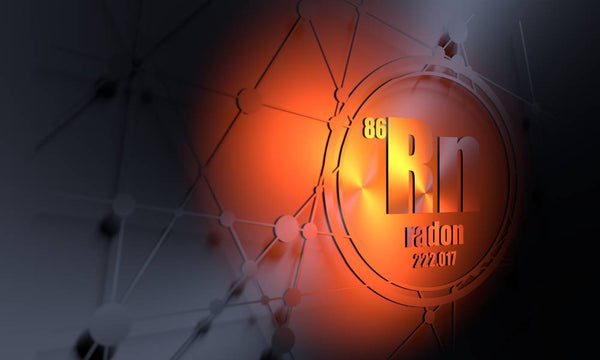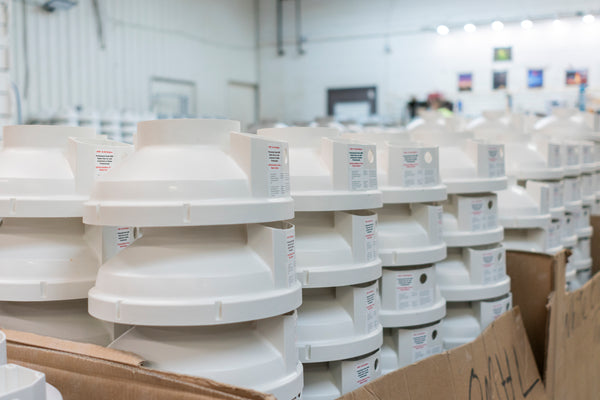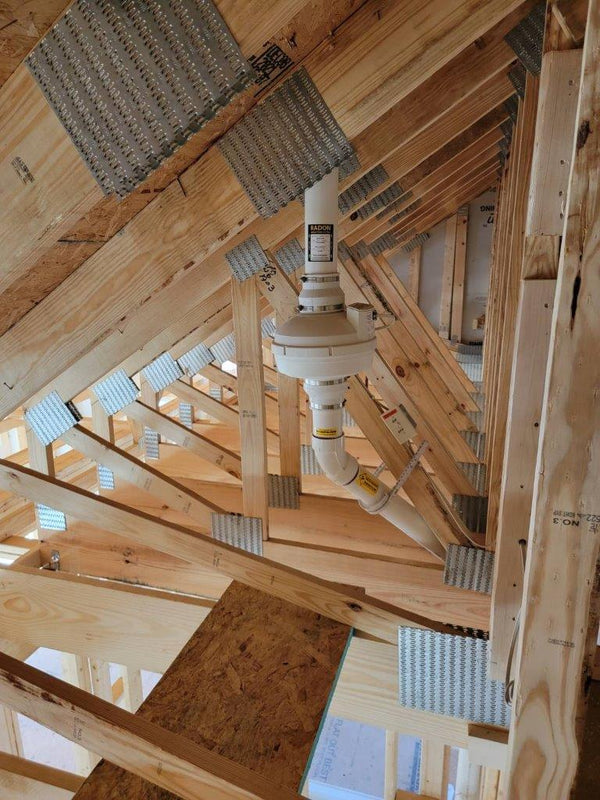
3 Potential Health Problems From Exposure to Radon Gas
Radon gas is an element that results from uranium’s and radium’s decay. It finds its way up through the ground and into structures across the world. Colorless, odorless, tasteless, and very dangerous, radon can accumulate in a home, or its water supply, and eventually harm people. While there’s no perfectly safe place from radon, multiple mitigation techniques can keep radon out of a home or at low levels. Even so, it’s important to understand the dangers of radon and what it can do. Here are three potential health problems from exposure to radon gas.
Lung Cancer
The biggest health concern from radon gas is how it can create circumstances that lead to lung cancer. Right after smoking, radon is the leading cause of lung cancer in nonsmokers and the second leading cause in smokers. The Environmental Protection Agency (EPA) has discovered that well over 21,000 lung cancer deaths per year can be ascribed to radon inhalation.
When a person inhales radon, the radioactive particles are trapped in the lungs. Then, the radon particles continue to break down, releasing small amounts of energy that cause cellular damage to the lungs’ tissue. Eventually, this can lead to the development of cancer. Radon doesn’t always cause cancer, but when it does, it happens so slowly and insidiously that it’s difficult to detect until it’s too late.
Increasing the Likelihood of Cancer in Smokers
Radon is the second leading cause of lung cancer in smokers and has a synergistic effect with tobacco smoke. Long-time smokers are more likely to develop malignancy from radon exposure due to the weakening effects of tobacco. According to the EPA’s statistics, a smoker is 10 times more likely to develop lung cancer after being exposed to radon than a nonsmoker who encounters those very same levels. Even so, any amount of radon is too much.
Other Issues
Radon plays a part in causing or exacerbating other respiratory issues. Long-term exposure to radon can lead to complications in people suffering from conditions like chronic obstructive pulmonary disease (COPD). While scientists and doctors continue to explore the possibility of radon causing or affecting respiratory issues, it’s clear that exposure causes unnecessary strain on the lungs and the body in general.
What To Do About Radon?
Those are just three potential health problems from exposure to radon gas. If you have concerns about radon poisoning in your home, don’t hesitate to have it tested. Purchase a radon testing kit online or at your local hardware store, or hire a professional to come to your home and set up the equipment to determine the level of radon present. If radon is detected in your home, several mitigation methods are available. Contact us if you have questions about removing the threat of radon from your home. We offer crawlspace encapsulation supplies as well as other methods and materials to keep you and your family safe!





